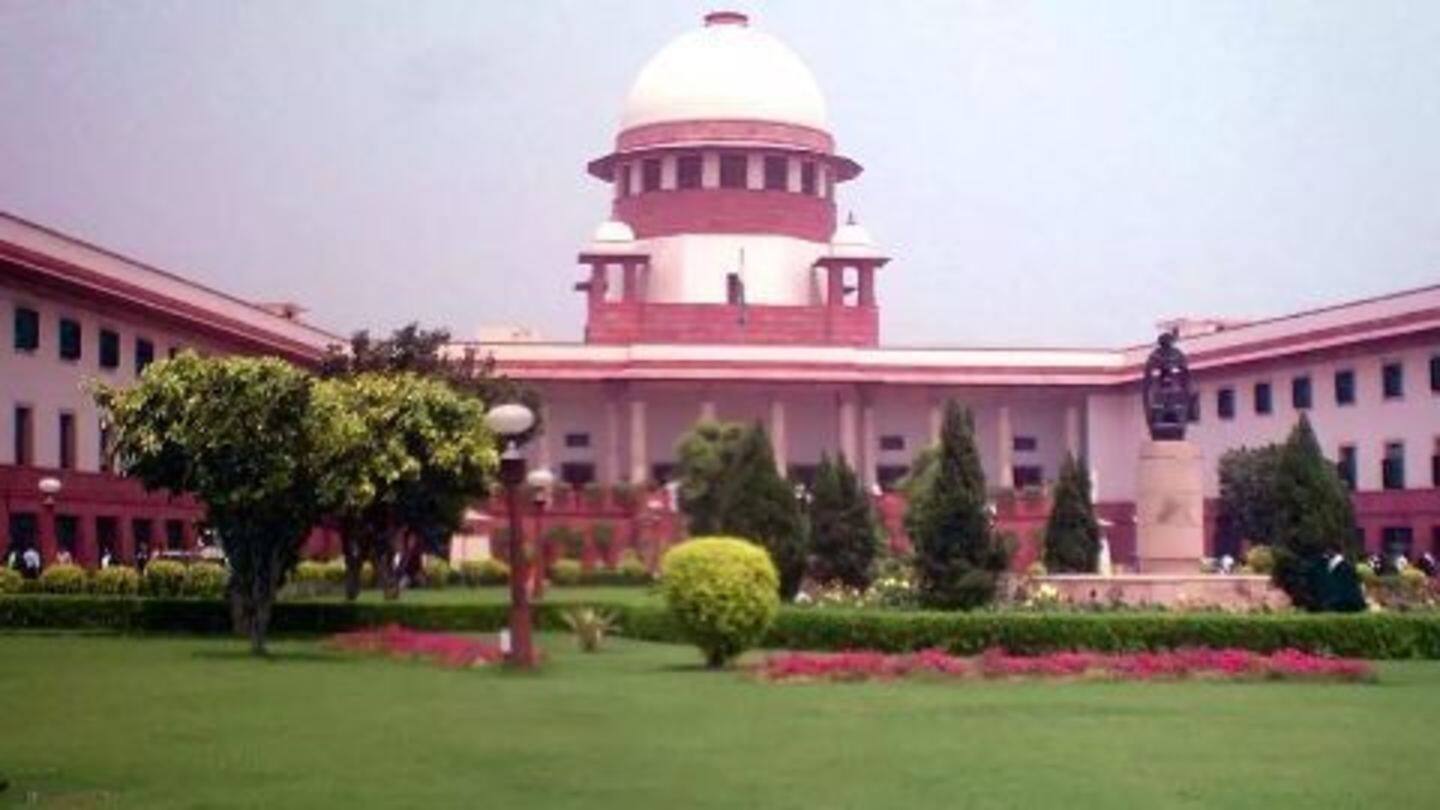
SC: Tigers important, but development more so
What's the story
The Supreme Court said that though conservation of tigers is important, it cannot be at the cost of movement of traffic. The SC was hearing a matter regarding the widening of NH7 which, NGOs say falls under the jurisdiction of the National Green Tribunal. The SC stated that since the matter is under hearing at the HC, it cannot be referred to the NGT.
NH-7
The tiger corridor
The National Tiger Conservation Authority says Central Indian forests, home to around 1/3rd of India's tiger population, do not have tiger-reserves with self sustaining tiger populations. Hence, the tiger corridors which connect different tiger reserves become important. However, the 50km stretch of NH-7 connecting Jabalpur in MP to Nagpur in Maharashtra passes through 2 tiger corridors - Pench-Nagzira in Maharashtra and Pench-Kanha in MP.
Issues
What are the concerns of environmentalists?
According to wildlife activists, the degradation of the ecosystems along highways lead to a reduction in the number of species in the area. Further, due to wider highways, habitats get fragmented as animals find it difficult to surmount barriers such as side railings and dividers. The number of animal road deaths also go up significantly, impacting species such as tigers, elephants and monkeys.
20 Sep 2013
Report highlights poor condition of NH-7
A report 'Highway to Hell', published in the Times of India, described the dismal condition of NH-7 from Mansar to Khawasa. It stated - "To call it [NH-7] 'pothole ridden' would be an understatement, since the potholes have turned into almost two-feet-deep ditches, almost throughout this stretch." Post this, the Nagpur bench of Bombay High Court ordered that the highway should be upgraded.
Information
A long disputed cause
The UPA2 government wanted to upgrade the NH-7 to 4 lanes, but had to shelve the project amidst protests and negative feedback from National Tiger Conservation Authority, Wildlife Institute of India, and National Board of Wildlife.
31 Jul 2015
Clearances post HC mandate
The Wildlife Institute of India(WII) removed its objection to the project, but asked for construction of underpasses to prevent fragmentation of habitat. The National Highway Authority of India however, hesitatingly accepted the proposal for elevated corridors which allowed tigers to move freely across the roads. Meanwhile, environment organizations, unhappy with road widening, filed an appeal with the NGT to stay all work on NH-7.
Information
Who filed the petitions?
Three NGOs - Srushti Paryavaran Mandal, Nature Conservation Society and Conservation Action Trust - had filed a petition in the National Green Tribunal (NGT) against widening of the NH-7 highway as it threatened tiger habitats in the region.
6 Aug 2015
Conflict between NGT and Bombay HC
The NGT questioned the Bombay HC's decision to grant permission for felling of trees to widen NH-7. The Nagpur bench of Bombay High Court, a constitutional authority, retorted with its primacy over NGT referring the latter as "some tribunal created under some laws". The judicial stand-off over the matter, with HC demanding cutting of trees while NGT prohibiting it, finally reached the Supreme Court.
Way-Out
NH-69: An alternative to NH-7
NH-69, though 70 km longer, is already a 4 lane highway and offers an alternative to NH-7. Conservation organizations support the NH69 despite the fact that it runs for 11km across the forests of the Sillewani Ghats. They state that NH-69 provides a viable solution, striking a balance between the importance of road connectivity and the tiger corridors under threat by the NH-7 expansion.